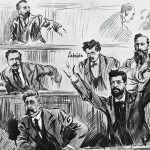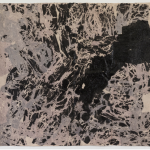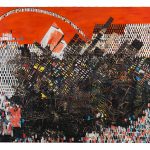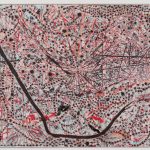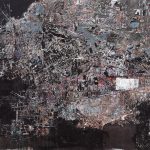
Some Questions around Gramsci’s Marxism (1958)
Certainly we must assert the novelty, the originality, the autonomy of Marxism. But the novelty of Marxism against any other philosophy consists not in asking more of it as a philosophy; its originality consists in its offer of science to philosophy, or rather in its conceiving the proper philosophy only as science, as a “specific conception of a specific object.”
 Viewpoint Magazine
Viewpoint Magazine

